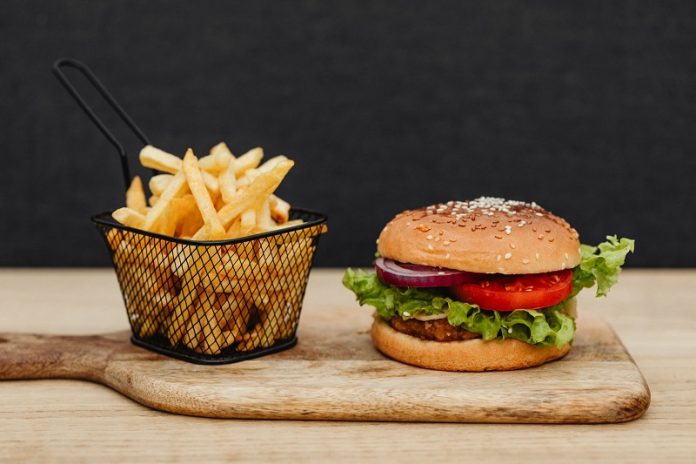
New research highlights the dangers of eating ultra-processed foods for people with type 2 diabetes.
These foods, ranging from diet sodas to packaged crackers and certain cereals, have been closely linked to higher blood sugar levels over time, measured by HbA1C.
The study, published in the Journal of the Academy of Nutrition and Dietetics, found that consuming more ultra-processed foods was associated with worse blood sugar control, while eating more whole or minimally processed foods led to better control.
HbA1C reflects average blood sugar levels over several months, with levels below 7 considered ideal for managing type 2 diabetes.
Ultra-processed foods vs. Whole foods
“We found that the more ultra-processed foods people ate, the worse their blood sugar control was,” said senior author Marissa Burgermaster, assistant professor of nutritional sciences at the University of Texas.
“On the other hand, eating more unprocessed or minimally processed foods improved control.”
The study used data from 273 African American adults with type 2 diabetes, who were part of the Texas Strength Through Resilience in Diabetes Education (TX STRIDE) trial. Participants provided 24-hour diet recalls and blood samples to measure HbA1C.
The research team looked at the nutritional quality of participants’ diets using common health indexes. Surprisingly, these tools, which typically assess sugar, salt, and nutrient content, did not align with blood sugar control. Instead, it was the number of grams of ultra-processed foods in a person’s diet that made the biggest difference.
What makes ultra-processed foods harmful?
Ultra-processed foods are often loaded with synthetic additives like artificial colors, flavors, emulsifiers, and sweeteners. While these foods also contain high levels of added sugar and sodium, the study suggests that the additives may be a key factor in raising blood sugar levels.
Graduate student Erin Hudson, a co-author of the study, said, “This research shows we might need to focus more on ultra-processed foods in dietary guidelines, not just sugar and salt.”
The study found that for people not on insulin therapy, every 10% increase in the grams of ultra-processed foods in their diet was associated with a 0.28 percentage point rise in HbA1C. In contrast, a 10% increase in minimally processed or unprocessed foods was linked to a 0.30 percentage point drop.
People who ate 18% or less of their food as ultra-processed were more likely to maintain an HbA1C below 7, the ideal level for type 2 diabetes management.
Takeaway
Minimizing ultra-processed foods and focusing on whole, natural ingredients can play a crucial role in managing type 2 diabetes.
This study, funded by the National Institutes of Health, adds to growing evidence of the health risks posed by these heavily processed foods.
If you care about diabetes, please read studies about Vitamin D and type 2 diabetes, and to people with diabetes, some fruits are better than others.
For more information about diabetes, please see recent studies that low calorie diets may help reverse diabetes, and 5 vitamins that may prevent complication in diabetes.



